Sustentabilidade / Artigos
Sustainable development goals: a blueprint for a better tomorrow
Sustainable Development Goals are 17 initiatives set to improve the world by 2030. Discover what they are and how to do well by doing good.

 10 minutos de leitura
10 minutos de leitura
2024-05-22 09:11:31
It was a press conference for the ages. Back in 2012, as part of the Sustainable Development conference Rio+20, the UN announced a new round of ground-breaking goals to help move the world forward, without breaking it. But unlike previous times, when the burden of compliance has fallen mostly on government and law enforcement agencies, this time around the UN explicitly called on businesses to contribute. The initiative, dubbed Sustainable Development Goals (SDGs), was made of 17 targets. At the time, even the most optimistic would struggle to imagine the impact they have today: a recent study of over 200 companies around the world showed that 83% support the SDGs, 40% set measurable commitments for how they will help achieve the SDGs and 20% already show positive impact. Considering the deadline is 2030, and while important issues still persist, corporate contribution has far exceed expectations.
The Sustainable Development Goals (SDGs) as set by the UN offers in a world facing challenges like climate change, poverty, and inequality. But what exactly are SDGs, why do they matter, and how can we steer their limitations while striving to achieve them?
It was a press conference for the ages. Back in 2012, as part of the Sustainable Development conference Rio+20, the UN announced a new round of ground-breaking goals to help move the world forward, without breaking it. But unlike previous times, when the burden of compliance has fallen mostly on government and law enforcement agencies, this time around the UN explicitly called on businesses to contribute. The initiative, dubbed Sustainable Development Goals (SDGs), was made of 17 targets. At the time, even the most optimistic would struggle to imagine the impact they have today: a recent study of over 200 companies around the world showed that 83% support the SDGs, 40% set measurable commitments for how they will help achieve the SDGs and 20% already show positive impact. Considering the deadline is 2030, and while important issues still persist, corporate contribution has far exceed expectations.
The Sustainable Development Goals (SDGs) as set by the UN offers in a world facing challenges like climate change, poverty, and inequality. But what exactly are SDGs, why do they matter, and how can we steer their limitations while striving to achieve them?
Sustainable Development Goals (SDGs) serve as a global roadmap for tackling some of humanity’s most pressing challenges. They are a set of guiding principles, a sort of moral compass for our collective journey towards a better world. These 17 interconnected goals encapsulate our shared aspirations for a more equitable, just, and sustainable future.
1. No Poverty
2. Zero Hunger
3. Good Health and Well-being
4. Quality Education
5. Gender Equality
6. Clean Water and Sanitation
7. Affordable and Clean Energy
8. Decent Work and Economic Growth
9. Industry, Innovation, and Infrastructure
10. Reduced Inequality
11. Sustainable Cities and Communities
12. Responsible Consumption and Production
13. Climate Action
14. Life Below Water
15. Life on Land
16. Peace, Justice, and Strong Institutions
17. Partnerships for the Goals
At their core, SDGs summarize a vision where economic prosperity goes hand in hand with social progress and environmental stewardship. They represent a universal call to action, recognizing that the issues we face – from poverty and inequality to climate change and environmental degradation – transcend borders and require concerted global effort.
What is the purpose of Sustainable Development Goals
The Sustainable Development Goals have goals themselves. These are the 4 main ones.
- Promote a world where no one is left behind. SDGs recognize that poverty, inequality, and injustice are the result of systemic failures that can and must be addressed. By setting targets for eradicating poverty, promoting education, and ensuring access to healthcare, SDGs aim to create a world where every individual has the opportunity to thrive.
- Safeguarde the planet. In an era marked by climate change, biodiversity loss, and environmental degradation, preserving our natural resources and ecosystems is more critical than ever. Goals such as climate action, sustainable consumption, and the protection of life below water and on land underscore the urgent need to rethink our relationship with the environment and adopt more sustainable practices.
- Promote inclusive and sustainable economic growth. By fostering innovation, building resilient infrastructure, and creating adequate work opportunities, these goals seek to ensure that economic progress benefits everyone.
- Inspire collective action and collaboration on a global scale. They provide a common language and framework for governments, businesses, civil society organizations, and individuals to work together towards shared objectives. Whether through policy reforms, investment in sustainable technologies, or grassroots activism, SDGs empower stakeholders at all levels to contribute to positive change and build a more prosperous and sustainable future for generations to come.
Are there any limitations?
Despite their noble aspirations and widespread adoption, the Sustainable Development Goals are not without their challenges and limitations.
- Scope and complexity of the goals themselves. With 17 interconnected objectives covering a wide range of issues, from poverty and inequality to climate change and biodiversity loss, implementing the SDGs requires coordinated action across multiple sectors and levels of governance.
- Lack of adequate resources and funding to support SDG implementation. While the goals represent a universal commitment to sustainable development, many companies struggle to allocate sufficient resources to achieve them. Additionally, funding for development projects is often fragmented, with competing priorities and donor interests complicating efforts to address the most pressing needs.
- Entrenched social, political, and economic inequalities. Marginalized communities, including women, indigenous peoples, and rural populations, often face barriers to accessing education, healthcare, and economic opportunities, exacerbating existing disparities. Addressing these inequalities requires policy reforms and a fundamental shift in power dynamics and social norms, which can be slow and challenging to achieve.
Sustainable Development Goals: how to achieve them
Achieving the Sustainable Development Goals demands a concerted effort from governments, businesses, civil society, and individuals alike. While the task may seem daunting, breaking it down into actionable steps can pave the way for meaningful progress.
1. Set clear targets and priorities
Begin by identifying the specific SDGs that are most relevant to your context and priorities. Whether it’s combating climate change, or promoting gender equality, setting clear targets will help focus your efforts and measure progress effectively.
2. Foster collaboration and partnerships
Collaboration is key to Sustainable Development Goals achievement. Forge partnerships with other organizations and communities to leverage resources, share knowledge, and maximize impact. Support initiatives that build resilience to environmental and economic shocks, such as sustainable agriculture, renewable energy projects, and disaster preparedness programs.
3. Integrate sustainability into business practices
Integrate sustainability into your operations, supply chains, and product design processes. Invest in sustainable technologies and equipment, such as Multiwasher, an industrial washing machine designed for efficiency and resource conservation. By reducing water and energy consumption, minimizing waste, and adopting eco-friendly practices, businesses can contribute to multiple SDGs, including responsible consumption and production, climate action, and sustainable cities and communities.
4. Advocate for policy reforms
Advocate for policy reforms at the local, national, and international levels that support the implementation of the SDGs. Support policies that incentivize sustainable practices, such as carbon pricing, renewable energy incentives, and sustainable procurement policies. By advocating for a conducive policy environment, we can create the necessary framework for achieving the Sustainable Development Goals at scale.
Our commitment to the Sustainable Development Goals
In the pursuit of Sustainable Development Goals, every contribution matters. Innovative solutions like MultiWasher exemplify the potential of technology to support sustainable development efforts. It reduces water and energy consumption in industrial washing, minimizes waste, and promotes responsible practices that contribute directly to several SDGs. Get in touch and see for yourself the impact that MultiWasher can have on your washing results.
Também pode gostar
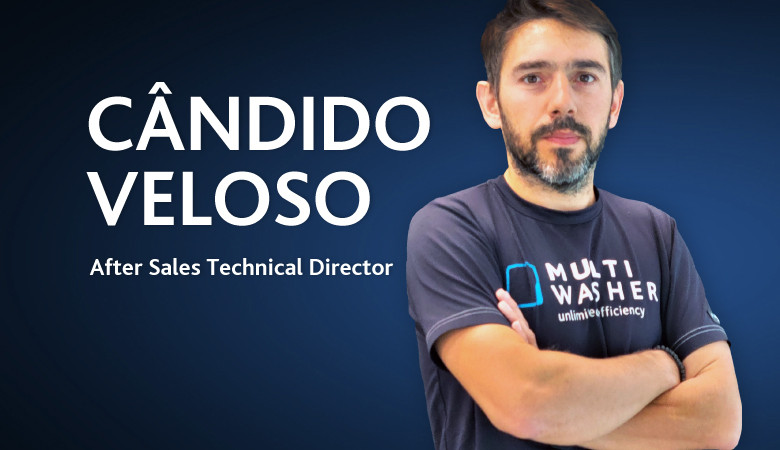
Sustentabilidade / ArtigosArtigos
“This is the front line of sustainability - and it's not what many people think”
Read the interview with Cândido Veloso about the role of data, IoT and AI in making companies more sustainable.
Postado em 2024-09-19

Sustentabilidade / ArtigosArtigos
Corporate sustainability: what it is and what are its benefits
Corporate sustainability is one of the top priorities of the moment for companies around the world. But what does this concept mean exactly and w...
Postado em 2022-02-24




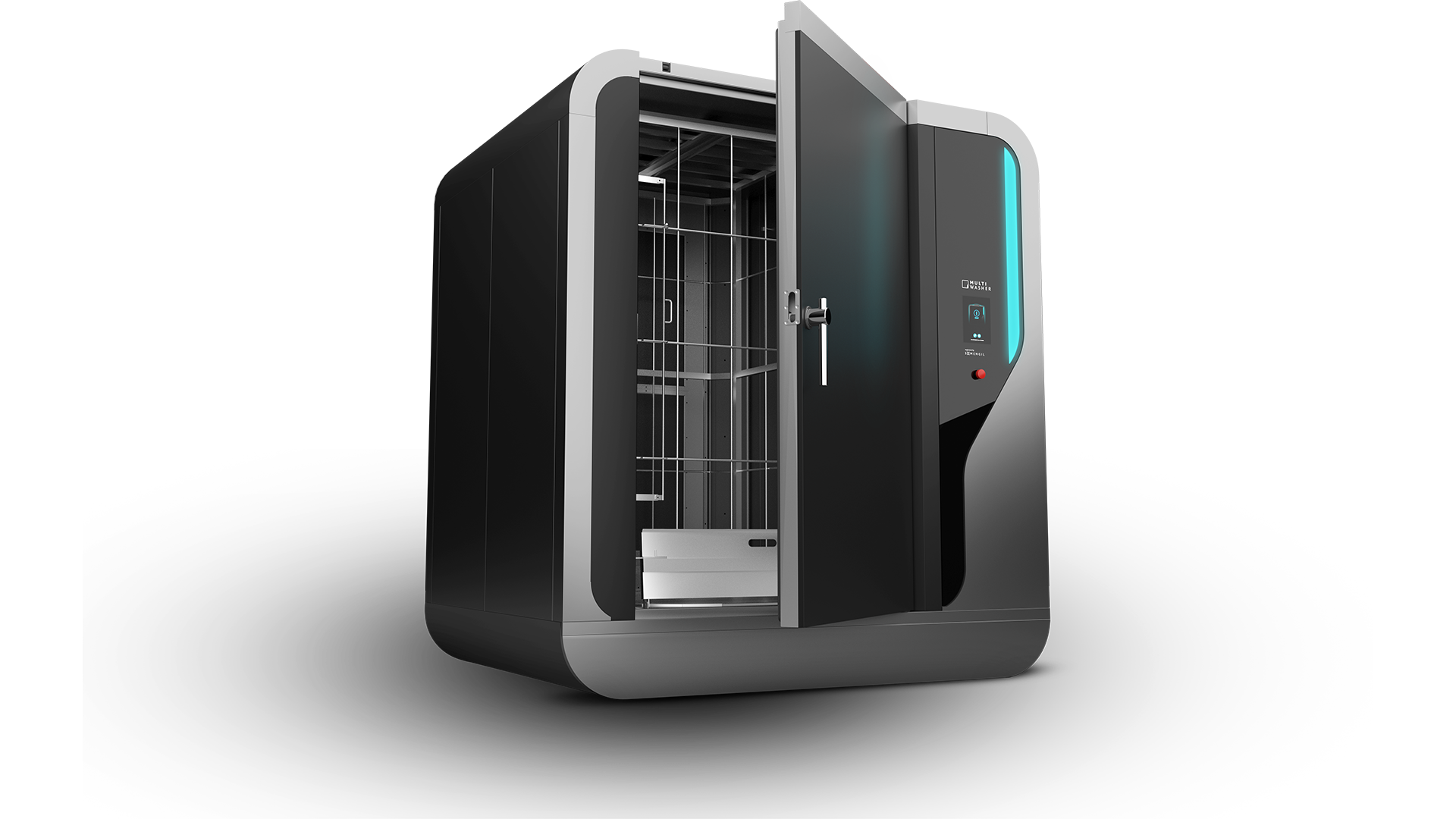






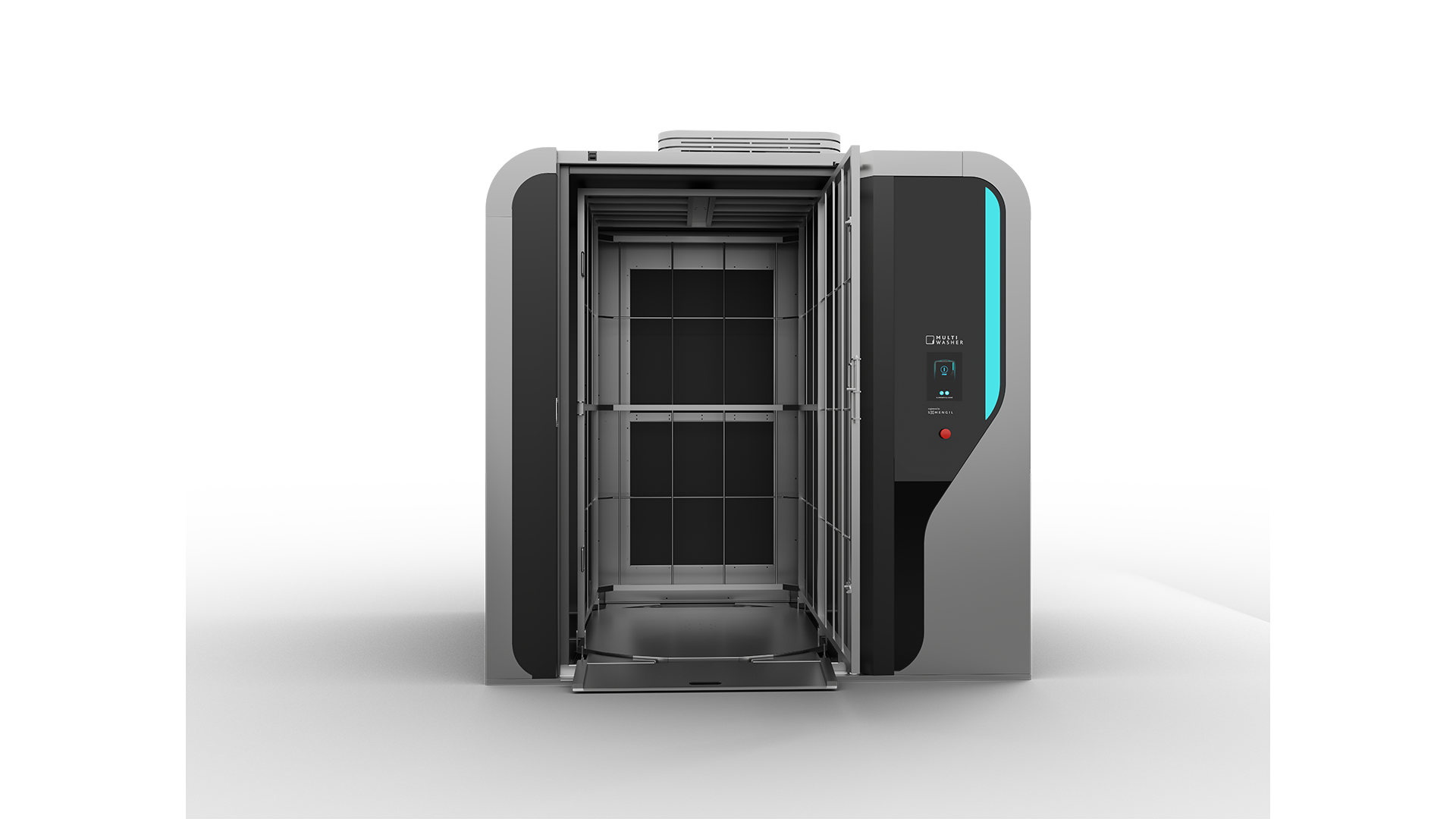
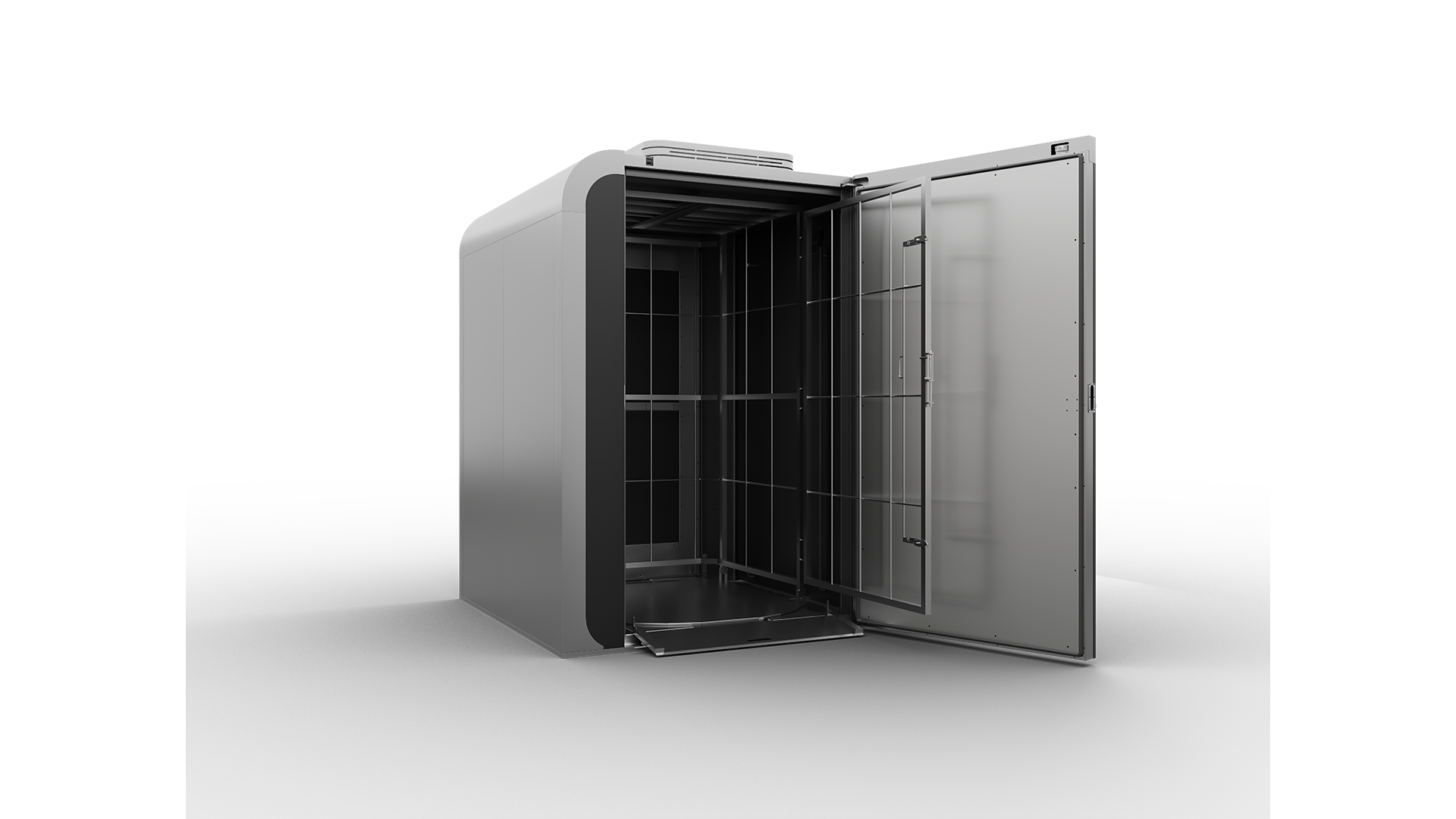


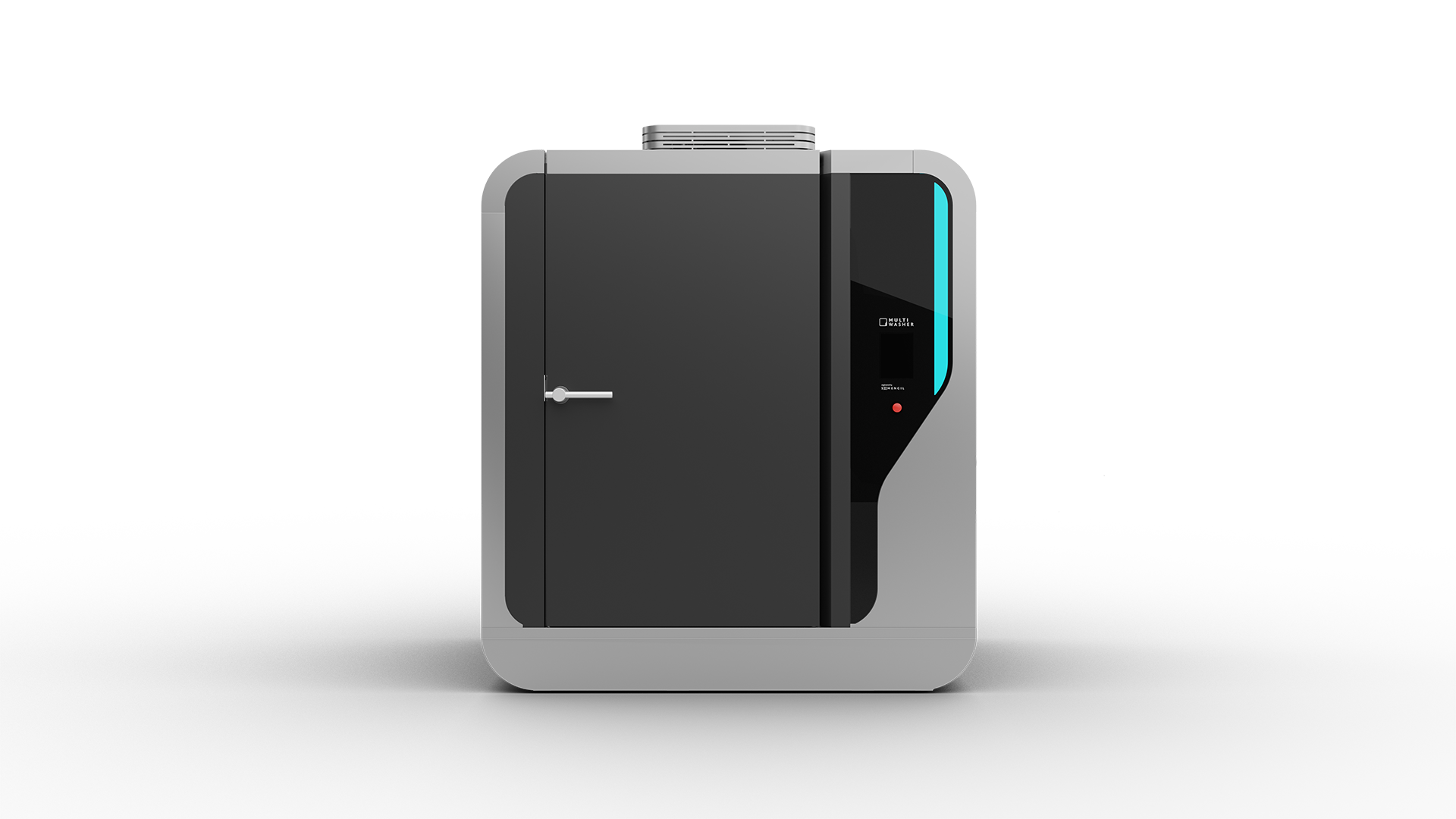


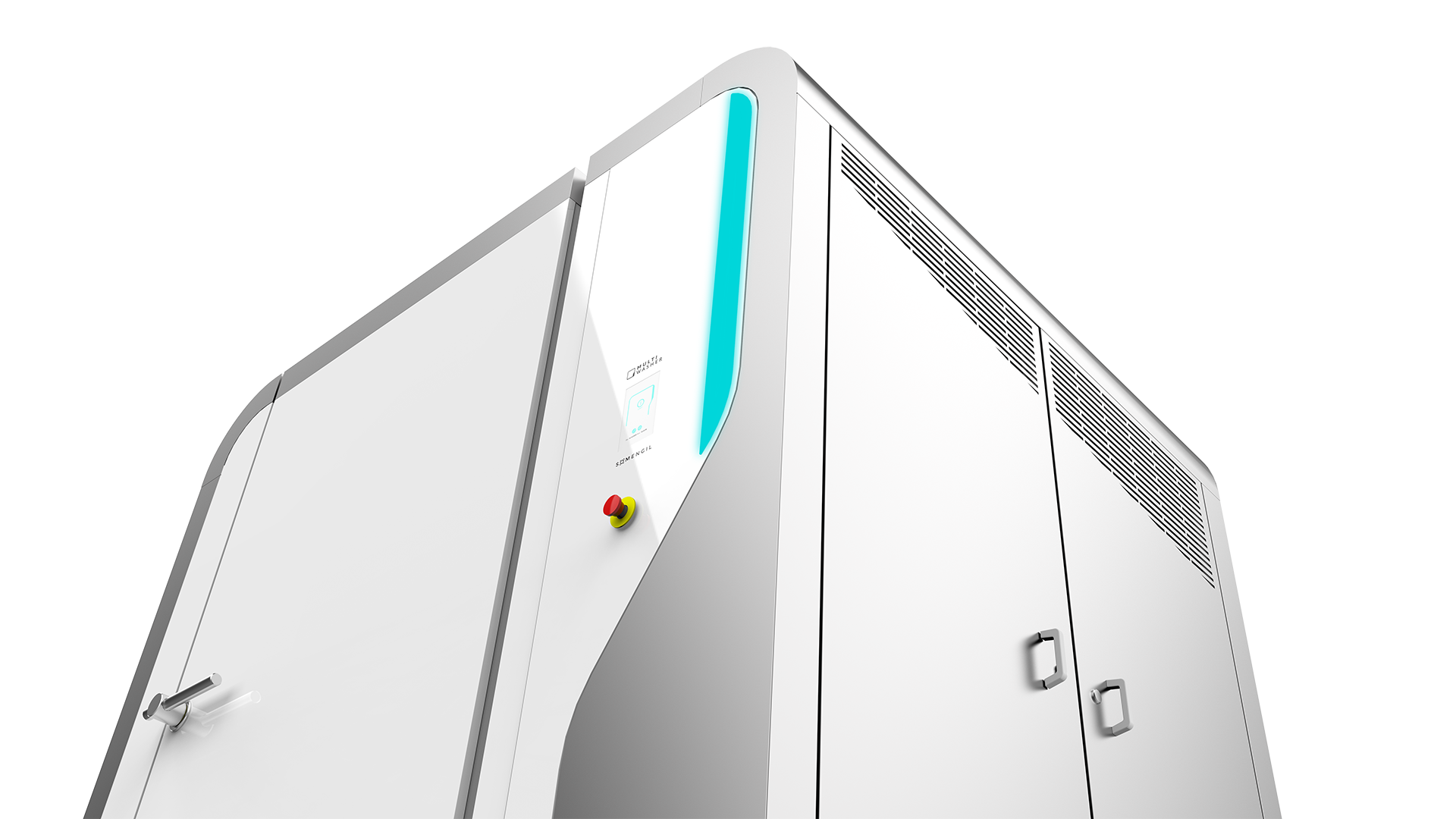

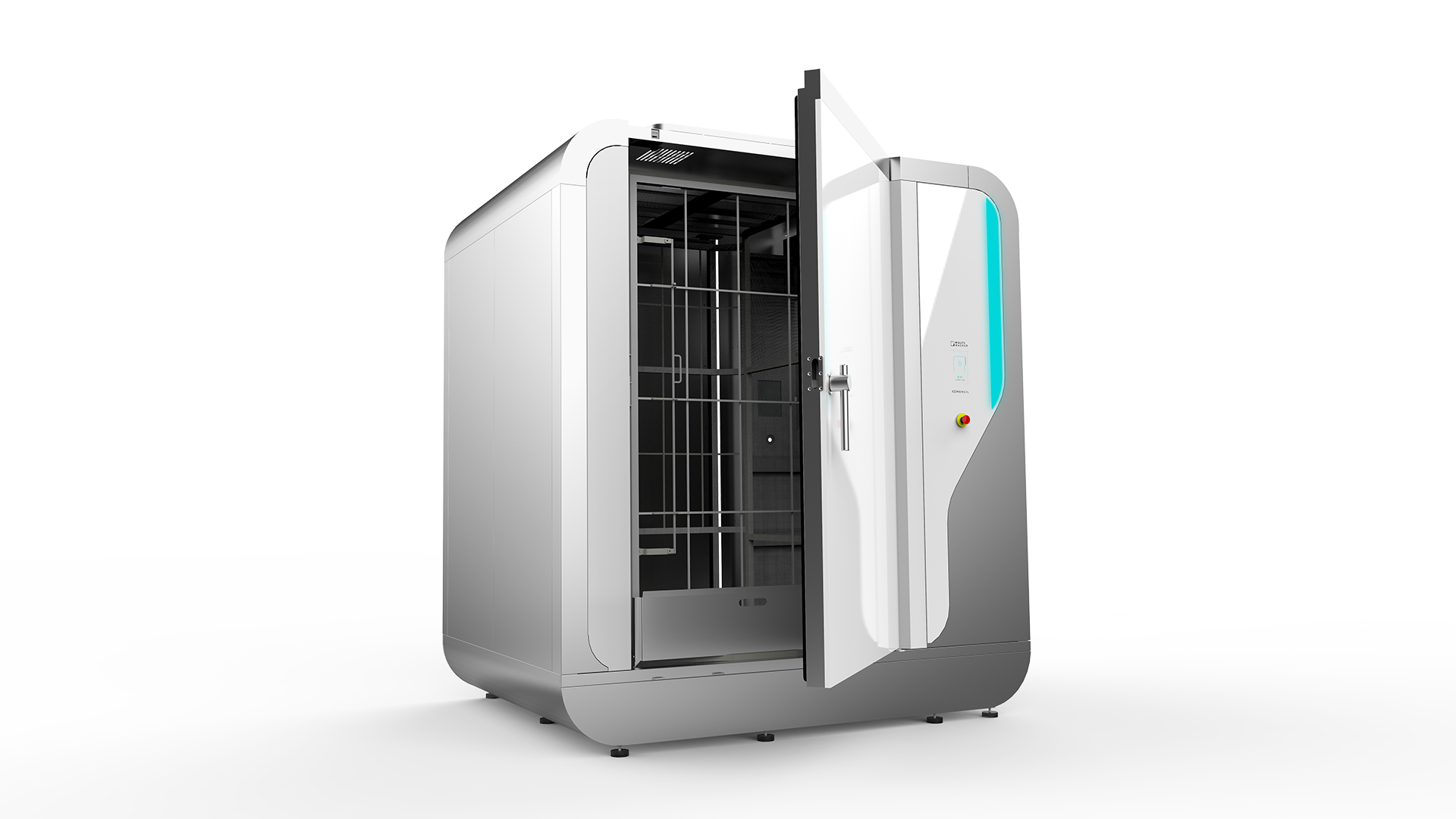

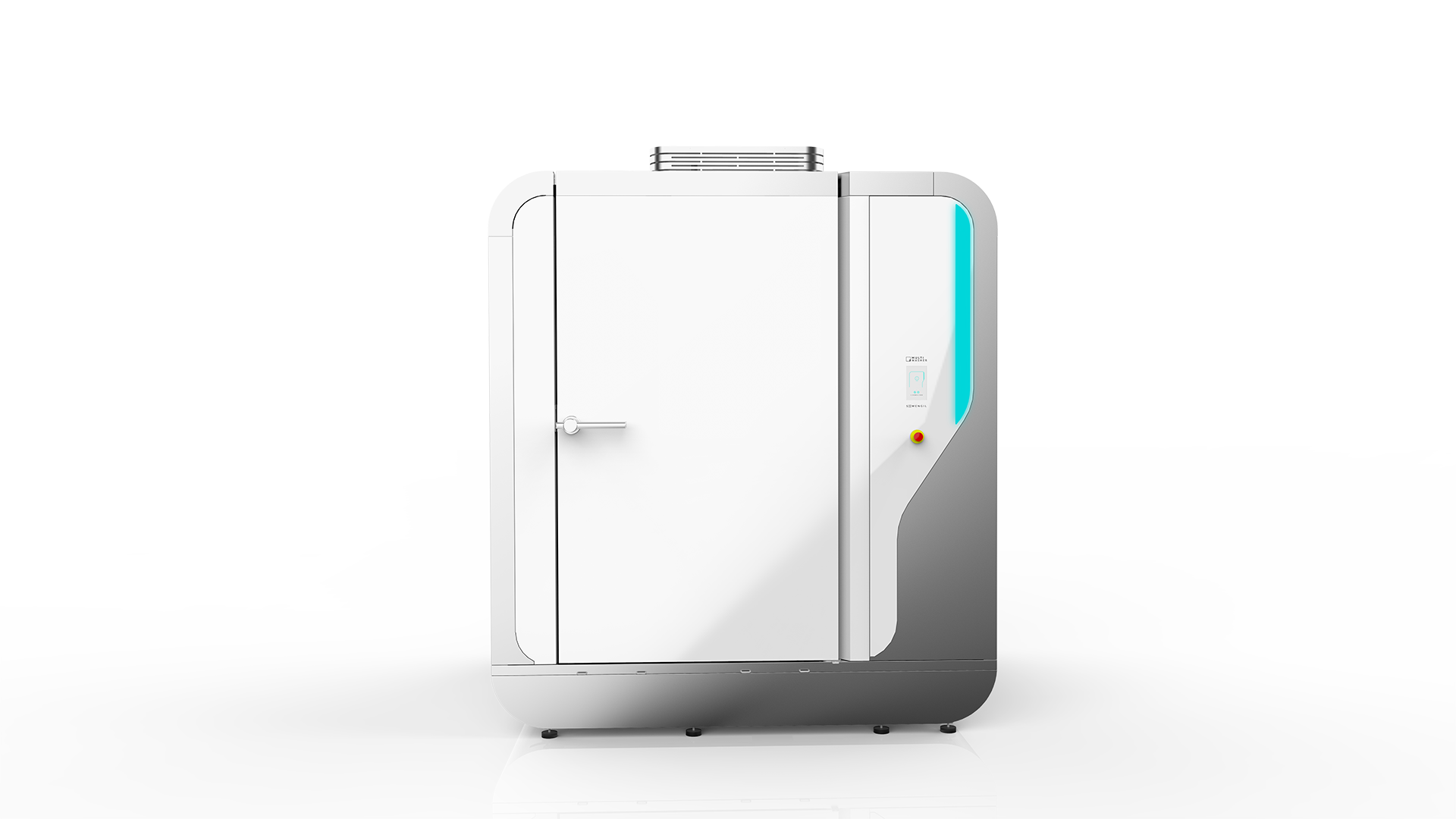
 Português
Português English (UK)
English (UK) English (USA)
English (USA) Français
Français Español
Español Deutsch
Deutsch